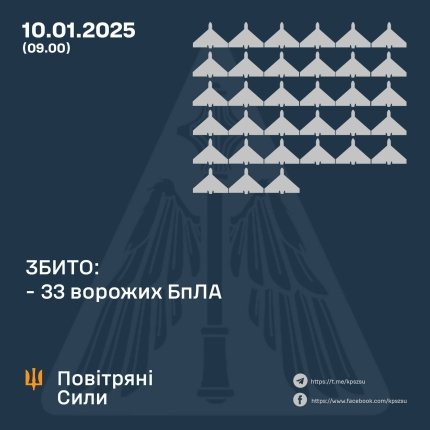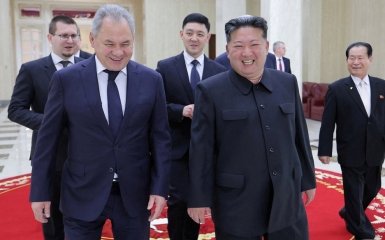The aggressor country Russia has significantly reduced the intensity of its cruise missile attacks on Ukraine, but the threat still remains extremely serious.
Points of attention
- Successful attacks by Ukrainian strike drones contributed to a decrease in the intensity of airstrikes by Russia.
- Ukraine's improved air defense has become an important factor in deterring the aggressor country.
Ukraine is successfully weakening Russia
What is important to understand is that the factors reducing the intensity of strikes include successful attacks by Ukrainian strike drones on Russian air bases and ammunition depots in the summer and fall.
We cannot ignore the factor of significant improvement of Ukraine's air defense.
Gliding bombs, which Russia has been actively using since the beginning of the war, are equipped with kits that convert conventional munitions into precision weapons. They are difficult to intercept due to their short flight time, low radar visibility, and unpredictable trajectories.
A major from the electronic warfare unit of the National Guard of Ukraine commented on this matter.
According to him, as of today, the number of Russian attacks has decreased by about 70% compared to the summer.
Moreover, the aggressor country began to actively move tactical aviation deeper into the rear. This reduced the frequency of sorties and increased the detection time for Ukrainian forces.
Russia's attack on Ukraine on January 10 — what is known
Russian invaders attacked Ukraine overnight using 72 Shahed attack UAVs and others.
The enemy launched UAVs to attack Ukraine from the directions of Millerovo, Orel, Bryansk, and Primorsko-Akhtarsk.
The Air Force of the Armed Forces of Ukraine managed to destroy 33 attack drones in the skies over Poltava, Sumy, Kharkiv, Cherkasy, Chernihiv, Kyiv, Dnipropetrovsk, Zaporizhia, Khmelnytskyi, Vinnytsia and Kherson regions.
Five UAV hits (enterprises and outbuildings) were recorded in the frontline area in the north of Chernihiv region, a civilian was injured. In Kyiv region, a hit UAV fell on a high-rise building, damaging a building and two dozen cars. Previously, there were no casualties.
In addition, it is noted that 34 enemy drones-simulators were lost in location.









